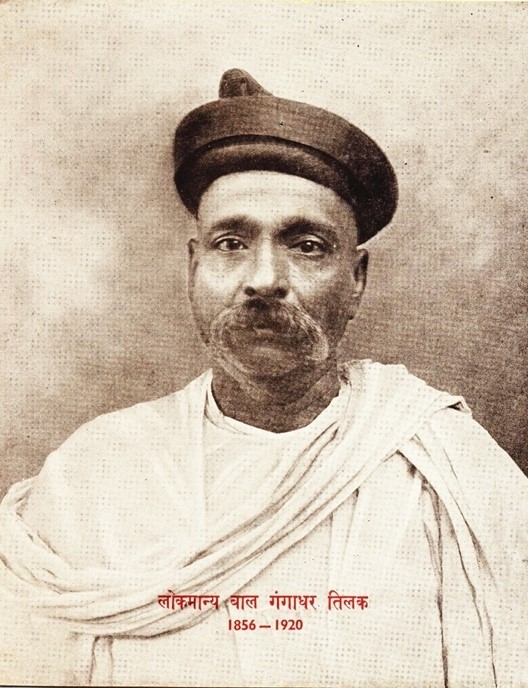Free Courses Sale ends Soon, Get It Now


Free Courses Sale ends Soon, Get It Now



Disclaimer: Copyright infringement not intended.
Context
Details
Early Life and Education
The Father of the Indian Unrest
Political Ideology
Educationist
Freedom Movement
Religio-Political Views
Books
Newspapers
Legacy
Conclusion
Bal Gangadhar Tilak's contributions to the Indian independence movement earned him the title "Lokmanya" (accepted by the people as their leader). He is remembered as a fearless and dedicated freedom fighter who inspired millions of Indians to fight for their rights and independence. Tilak's legacy continues to be celebrated through various commemorations, films, and public institutions dedicated to him.
|
PRACTICE QUESTION Q. How did Tilak’s political ideology influence the freedom movement, and what impact did his newspapers have on mobilizing public support? Provide examples and historical context to support your answer. (250 words) |
https://pib.gov.in/PressReleasePage.aspx?PRID=1941821
© 2024 iasgyan. All right reserved